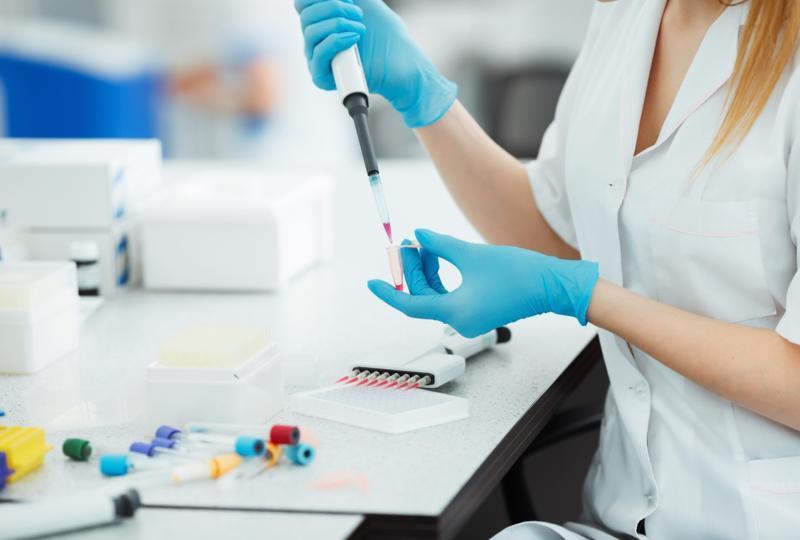Living as a Non-Hodgkin Lymphoma Survivor: The Importance of Follow-up Care
What does treatment depend on?
Treatment courses will vary based on which exact type of NHL a patient is diagnosed with. The most important distinction when it comes to degree of urgency in treatment is whether or not the cancer is an indolent or aggressive lymphoma (although in some cases, the cancer cannot be clearly categorized as one or the other). Indolent lymphomas grow and spread slowly, meaning sometimes immediate treatment is not necessary. Rather, physicians will choose to closely watch the progression of the cancer and begin treatment when the time is right.
On the other hand, aggressive lymphomas require immediate treatment. Treatment typically involves a combination of chemo and radiation and therapy, immune boosting medications such as Rituxan, and sometimes stem cell transplants.
Unfortunately, as with all cancer treatments, these interventions aren’t without their negative consequences. Chemotherapy and radiation can wreak havoc on the body and are oftentimes an unpleasant experience. Patients oftentimes dually struggle with the physical toll treatment takes on the body and the emotional implications of a cancer diagnosis.



